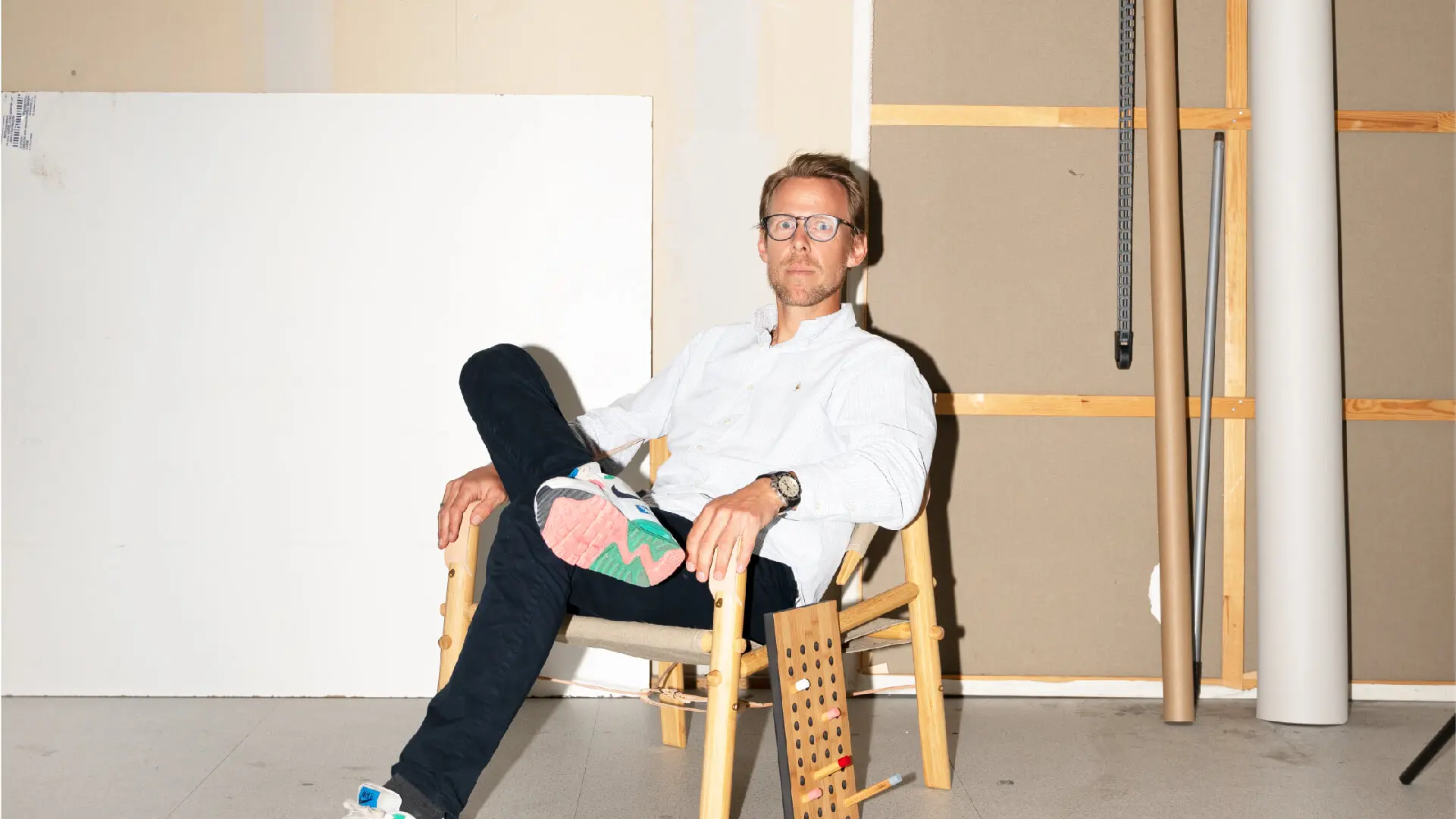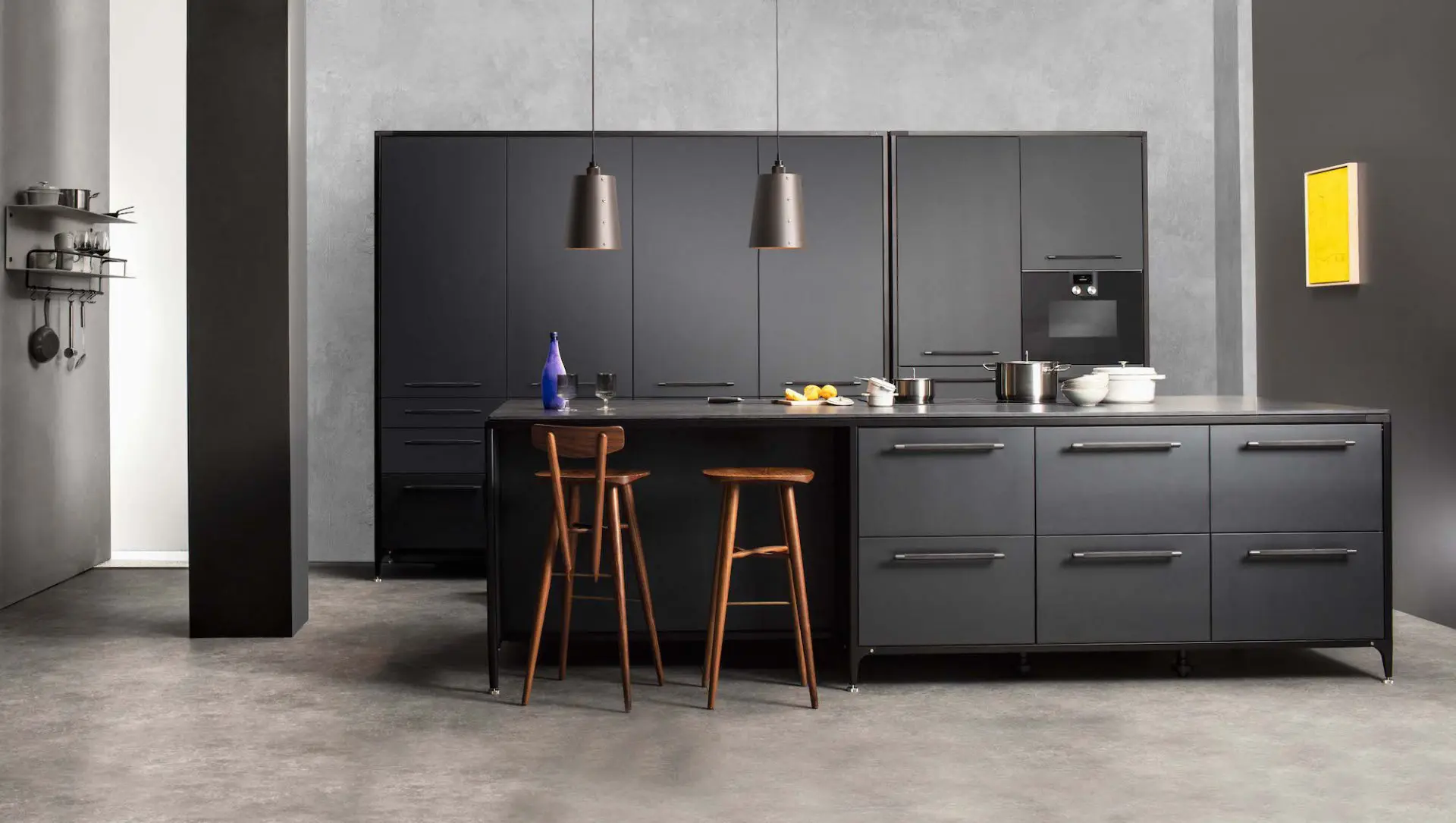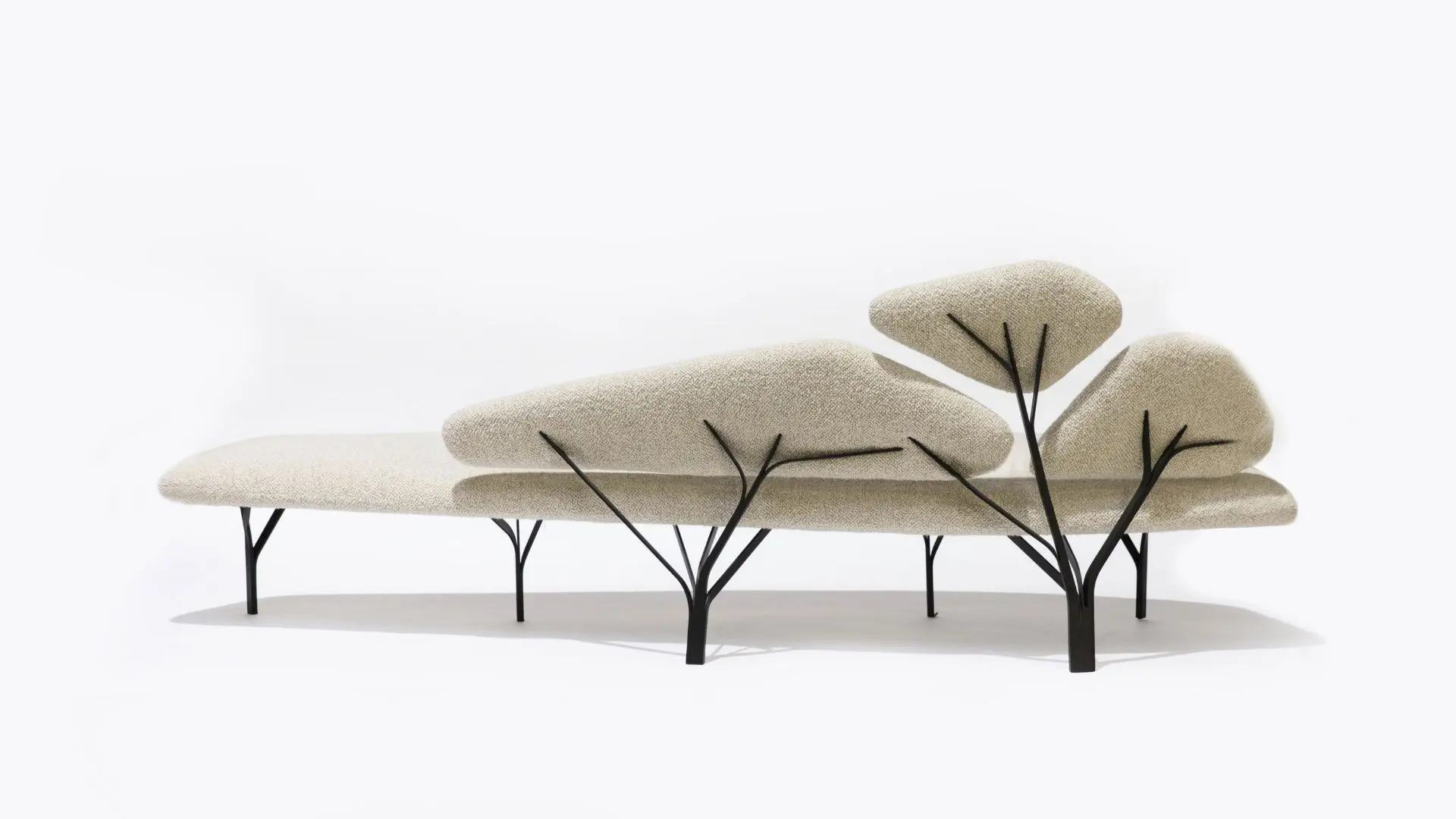Takuto Ohta’s Deku is a playful, modular furniture set
The modular wooden blocks can be stacked at various angles to form different furniture pieces.
Furniture design using modular elements is now more important than ever. People want more for less, and they want to be able to do more with less space. Ohta’s Deku collection addresses this trend, if not with a strikingly artistic interpretation.
Japanese designer Takuto Ohta has created an unusual furniture collection made up of timber blocks that can be configured and re-configured by stacking the pieces against and on top of one another.

Called Deku, a Japanese word that refers to a wooden doll or puppet, the modular series transforms seamlessly between stools, benches and tabletops.
It’s inspired by the sight of the stones piled up on the riverbanks.
“I don’t think about what I’m making, I feel the laws of physics in the freedom and inconvenience of combination, and I see the forest with the smell and texture of trees,” says the designer.
“When I moved my hand, the furniture was made naturally.”

The blocks are formed of wooden planks that bear 45 degree cuts along their edges to help them slot into each other.
Ohta used colored masking tape to bind the planks together, which adds a decorative element that stands out against the muted brown colour of the blocks.
Sustainable furniture design brand Noah Living does better with less—starting with this modular sofa

Play in its most primitive form
The key aspect here is play, which characterises Ohta’s approach to design.
Last year, he was awarded the ADF Milano Salone Design Award during Fuorisalone for his collection titled ‘Rubbish Things’.
It included a series of tables that seemed to move around independently thanks to hyper-sensitive bases made from 100 wooden rods.

Ohta explores the relationship between humans and the products they manufacture, whilst trying to expose users to objects that can evoke latent senses.
“Just as we feel the purity and pleasure of manufacturing in the stones piled up on riverbanks and mountain peaks, we have a sense of something inherently filled between matter and action,” says the designer.
“It which exists in unproductive acts such as play creates a unique rhythm and atmosphere, and continues to remain as a shadow in the produced products.”
Inside this chair, there is an entire children’s play area: created by father Dan Popa, Leoleo is a slide, a ramp, a rocking chair, an activity desk, a high chair with a feeding table and more.






